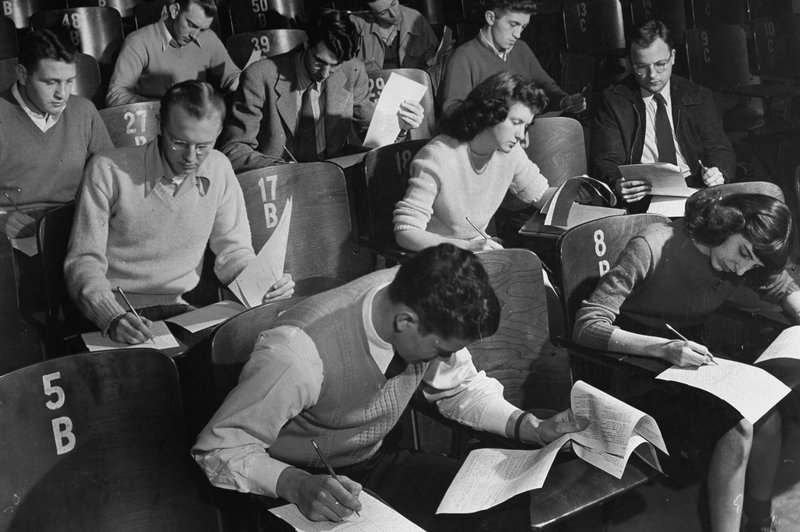
History
CCCAOE has a long tradition of support and advocacy within the California Community College System. Our organization exists to serve as a statewide advocate for administrators and educators working in vocational education. To this day, we continue our mandate through membership conferences, legislative advocacy training, and member education resources available to all 115 community colleges in California. Take a look back to see how far we’ve come.
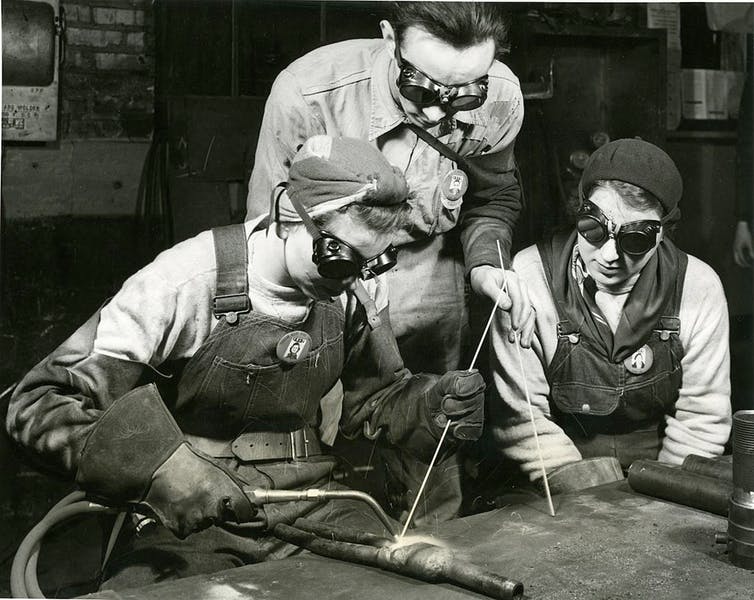
1967
The California Community College Administrators of Occupational Education is founded.
Early vocational education programs were created by the Vocational Education Act (Department of Education) alongside programs to support employment through the Department of Labor. College deans coordinated both activities with the Manpower Development Act (MDTA), the Comprehensive Employment and Training Act (CETA), the Job Training Partnership Act (JTPA), and finally, the Workforce Investment Act (WIA).

1970s
The Department of Education passes the Career Education Act
The Director of Education under the Department of Health and Human Services was seeking a way to bring relevance to education by getting students to focus on their future career paths. The Career Education Act brought the first integration of vocational education and liberal arts education while also developing the idea of career pathways and the concept of continuous education. The Act was funded at the federal level until 1990.
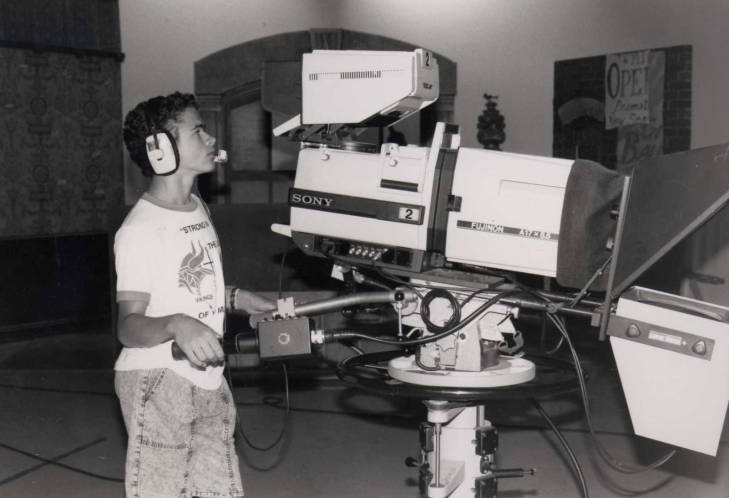
1980s
School to work pipelines are becoming popular with community colleges
During the mid-1980’s California’s community colleges began to focus on providing contract education to business and industry. This effort evolved into the economic development programs that are offered to companies through the community college system today. Additionally, the Board of Governors defined economic development as one of the core missions of the California Community College System. This diversity of efforts in career and technical education has evolved into a vastly different landscape compared to the vocational education programs of the 1960’s.
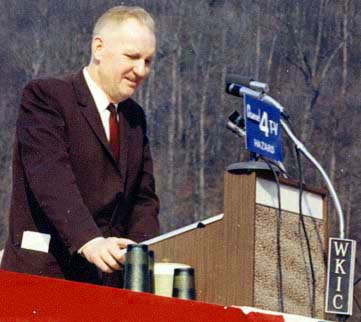
1984
The Carl D. Perkins Vocational and Technical Education Act is first authorized
The Director of Education under the Department of Health and Human Services was seeking a way to bring relevance to education by getting students to focus on their future career paths. The Career Education Act brought the first integration of vocational education and liberal arts education while also developing the idea of career pathways and the concept of continuous education. The Act was funded at the federal level until 1990.

1992
The education landscape is changing in California
In response to the evolving leadership styles taking hold across California’s community college system, the CCCAOE decided to expand its membership to include faculty, support staff, and individuals from both public and private sectors. It was at this time that the organization became known as the California Community College Association for Occupational Education.
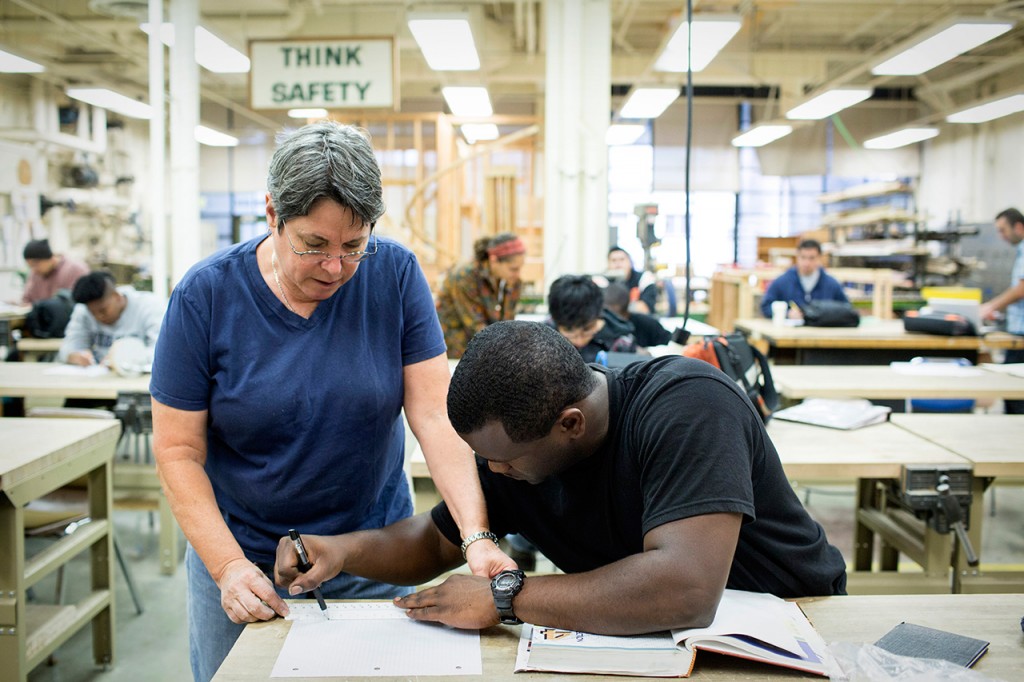
2016
The Strong Workforce Program is passed by the California State Legislature
To develop more workforce opportunities and lift low wage workers into living-wage jobs, California took a bold step to create one million more, middle-skill workers. At the recommendation of the California Community College Board of Governors, the Governor and Legislature approved the Strong Workforce Program. They added a new annual recurring investment of $248 million to spur career technical education. This investment has assisted the growth of CCCAOE membership across the states 115 colleges.

2020
Today and tomorrow...
Today CCCAOE is designed to be a champion for education and workforce success. Our vision is to provide education and career pathways for everyone at any time. As we continue to grow, the impact of our value multiplies across the state.


